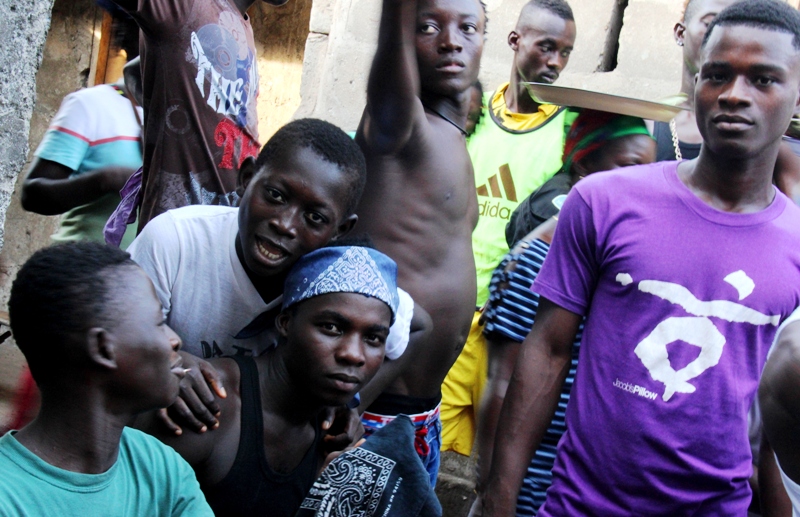Blogs

The media is awash with reports of students being arrested smoking bhang, drinking and engaging sex orgies in bars.
However, besides these incidents, statistics on the health of Kenyan adolescents are scaring. A 2008 study on
mental health among public secondary school students in Nairobi found out that 44 per cent suffered depression,
13 per cent had anxiety and about five per cent entertained suicidal thoughts.
In addition, the 2014 Kenya Demographic and Health Survey revealed that at least one in every five (18 per cent) girls aged 15-19 was pregnant or already a mother.
Although adolescence, which spans from age 10 to 19 years, is considered a period when an individual should enjoy a healthy life, many adolescents die prematurely or suffer long-term health complications as a result of preventable or treatable causes such as early pregnancies.
Further, most ailments people suffer in their adulthood are linked to risky behaviours during adolescence, including drug and substance abuse, risky sexual activities and poor eating habits.
Adolescence can be fraught with risk but it is also a period of immense opportunities, especially when they grow up in a supportive environment. And many have successfully progressed into adulthood and are able to lead meaningful lives.
Evidence shows that the strongest determinants of the health among adolescents are structural, including access to education, lifestyles and health systems.
For example, teenage pregnancies are highest among those with little or no education and those from poor households.
Therefore, interventions to improve the health of adolescents must go beyond the health sector to address social factors as well.
Below are four steps that can be taken to secure the wellbeing of Kenyan adolescents;
First, although Kenya has made considerable gains in expanding access to education, a large number remain out of school.
Currently, only 56 per cent of primary school students transition into secondary school. An even a lower proportion make it to tertiary colleges.
Yet education remains essential for meaningful participation in national and global affairs and the basis for sustainable development. Kenya must therefore ensure access to quality education for all.
Adolescents must also access comprehensive health information and services. Among others, we must empower them to make healthy dietary choices, avoid alcohol and substance abuse, resist peer pressure and bullying, avoid risky sexual behaviour and to respect others. Adolescents require friendly and integrated health services that meet their diverse needs.
Thirdly, Kenya must invest in routine collection of data on adolescents to facilitate planning, evaluation of interventions and expand the knowledge base on their health.
There have been efforts to incorporate adolescent health indicators in health information systems. However, more needs to be done to ensure we have a comprehensive database on critical indicators of adolescent health and wellbeing.
Policy frameworks for these interventions already exist. For example, Kenya has a National School Health Policy, a National Adolescent Sexual and Reproductive Health Policy, and the Vision 2030.
However, their implementation must be strengthened monitoring and evaluation systems established to track progress.
Finally, the community must play its role. Research reveals a complex interaction between adolescents’ experiences and their surroundings.
For example, those whose parents are supportive are less likely to engage in risk behaviour. This means it is important that these programmes must take into account the context or setting in which adolescents live.
A large population of healthy, welleducated and empowered adolescents is a valuable national asset. The health
our young people is therefore critical if Kenya is to meet her development objectives.
Kenya will lose out on the benefits of her youthful population if the necessary investments.
This article first appeared on Saturday Nation, October 24, 2015
Ms Violet Murunga is the Senior Knowledge Translation Officer, African Institute for Development Policy (AFIDEP), Dr Caroline Kabiru is a Research Scientist with the African Population and Research Health Center (APHRC) and Dr Anisa Omar is the Programme Manager, Adolescent Health Unit, Ministry of Health.
Related Posts





